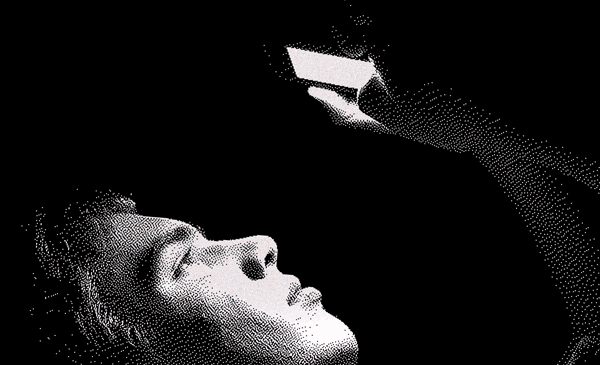New System of Government
It is often stated that Democracy (as it is manifested today, not its actual definition) is the worst form of government except all others that have been tried.Why then are we not trying to come up with a new, innovative way to govern?I have been working on creating a general outline for a possible replacement for some time now.It works to address some major issues in the American system of government.The primary issues are the lack of effective participation by citizens, corruption of career politicians and grossly wasteful spending.These issues must be addressed but not without preserving the current system’s major strength of stability.
The first issue is general population’s inability and apathy to participate in their government.The best way that I can think of to address this is to bring the government down to their level.A system where local governments have the vast majority of domestic authority would enable increased participation as citizens could be much bigger players in decisions that affect them.
The second issue is the corruption of career politicians.One way to tackle this problem is to eliminate the concept of making politics a career.By shortening term lengths and lowering the number of terms allowable, careerism and cronyism will be crushed.It will be very difficult to use connections to get special privileges if the connections change with great frequency.
The third issue is the wasteful spending that eventually leads to the downfall of most republics.There are two major areas where money is spent: social programs and military.However, it is implausible to eliminate military spending or social programs.This forces us to take a new approach to one of the two areas.When we look at more primitive societies it is the village that takes care of its weak.By establishing local governments as the primary domestic unit of government, we recreate this village society.If we allow each local government to take care of its own we can eliminate spending on social programs in the federal government.
These three solutions can clearly not simply be achieved through simple adaptations in the current system but only from starting from scratch.A new federal government would consist of a small legislative branch consisting of 500 members with 1 leader and a judicial branch.The legislators would be elected from locals on a rotating basis with each local having a member every 10 years.These members would serve 6 month terms while the leader would serve a 2 year term and be elected from the legislative body with each legislator being allowed only 1 term.This body’s primary responsibility would be to address foreign policy and establish a baseline of economic regulations.The judicial branch would draw its membership from top schools and a government funded academy would provide the enforcement element.There would only be 5 federal laws: No killing, no stealing, no alliances between local gov’ts, no wars between local gov’ts and no import/export taxes between local gov’ts.Each local would be permitted to establish additional laws at their discretion.In order to collect taxes, a flat 15% of gdp tax would be levied on each local.This would permit each local government to create its own tax policy provided it met its quota.
This system would allow for greater individual freedoms, more efficient government and would empower each citizen to make decisions about their government.A system in the United States with township sized local governments would require about 1,500 governments.Clearly a change like this could not occur in the U.S. without a catastrophic event such as a civil war occurring; however, it could be attempted in an already failing state.This system requires a culture where loyalty to the federal government over local is possible





